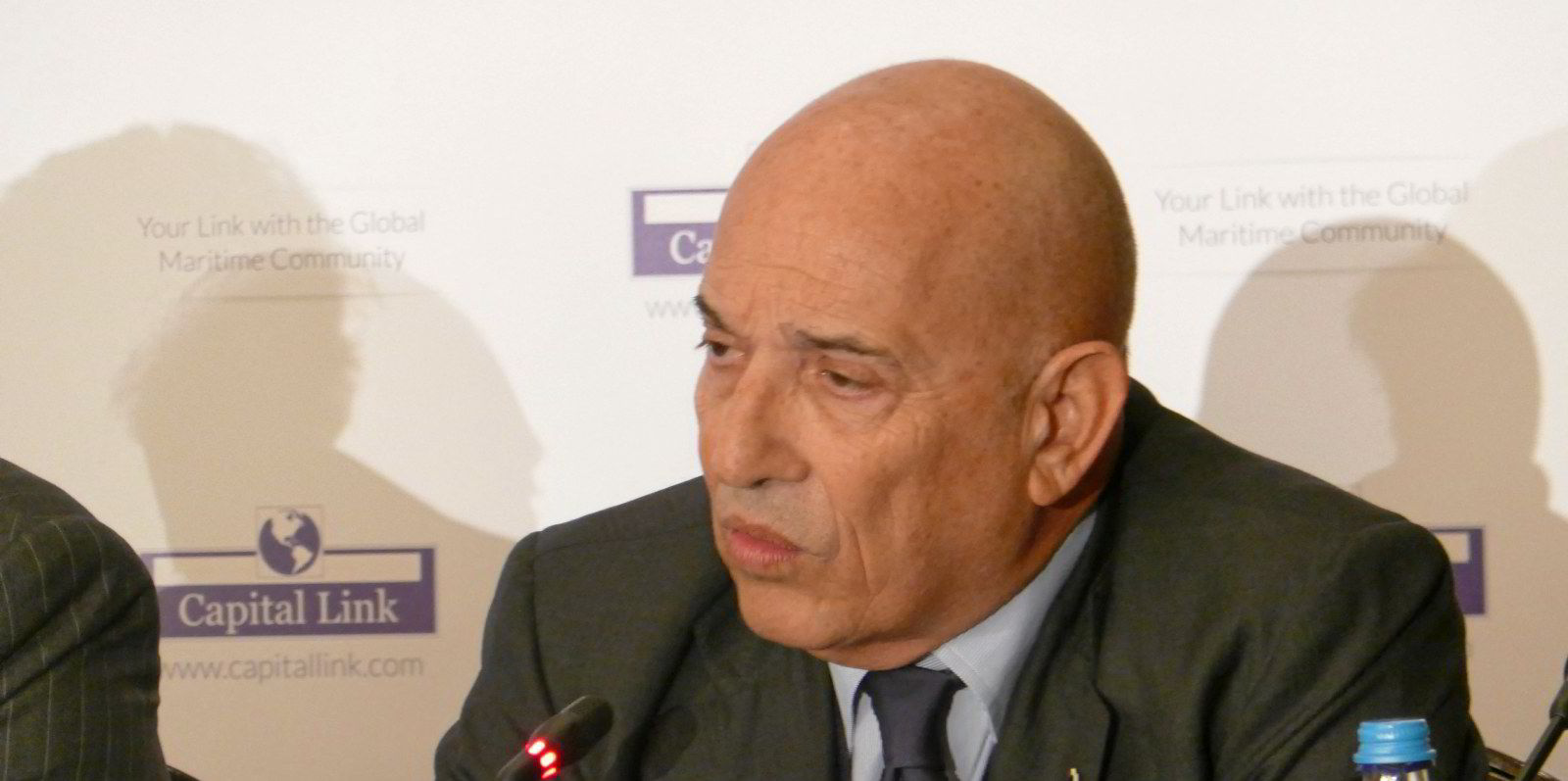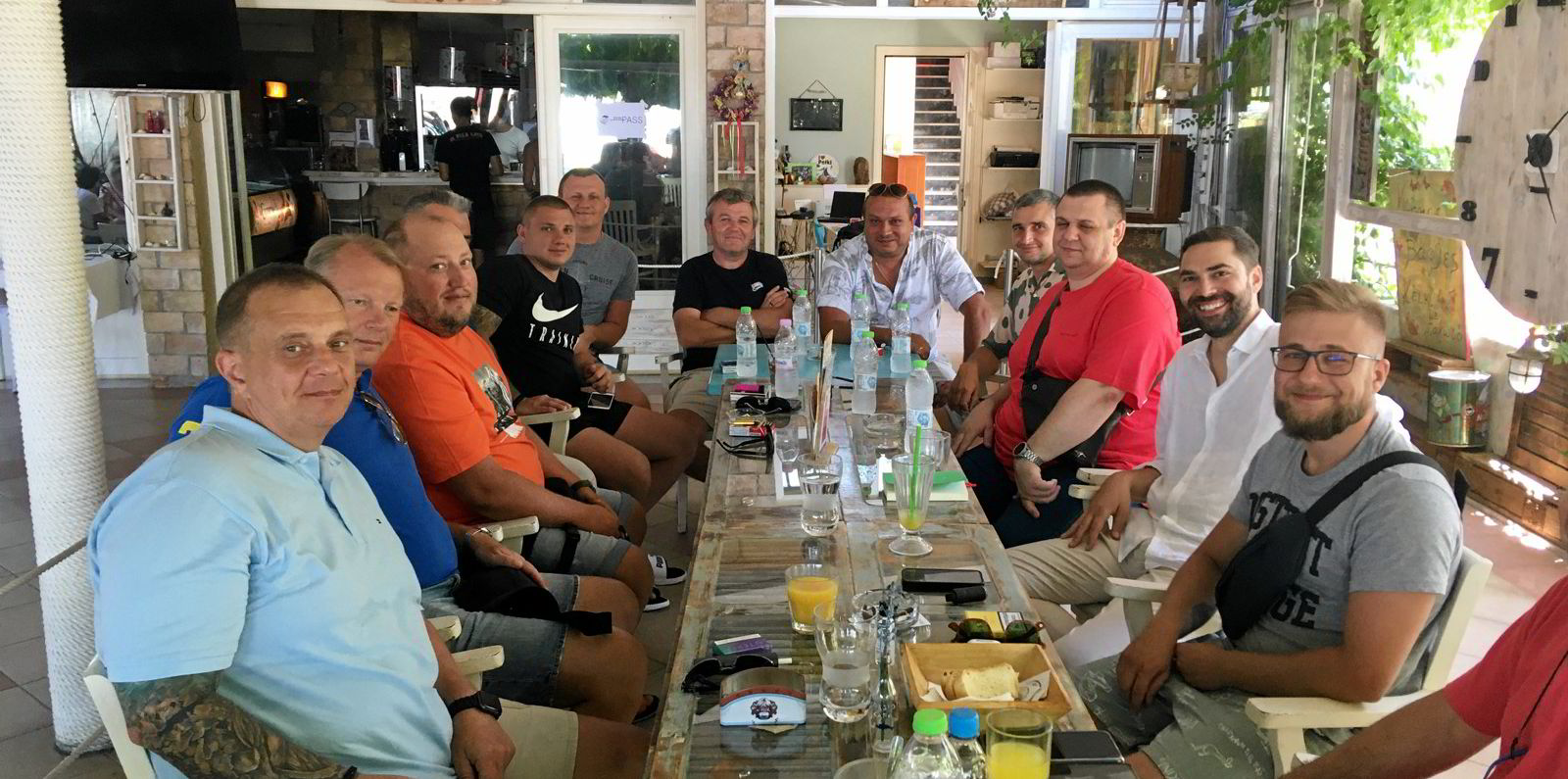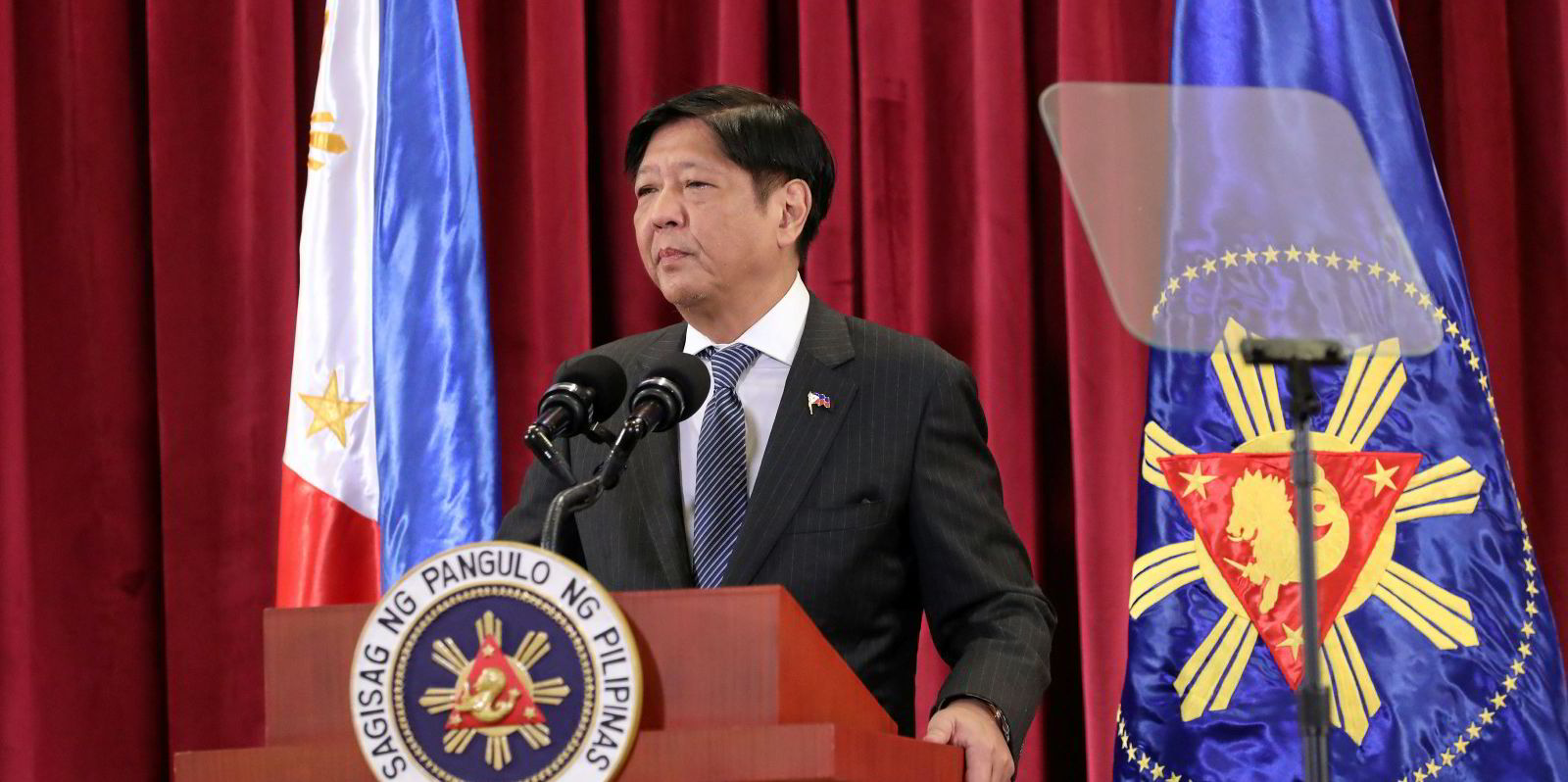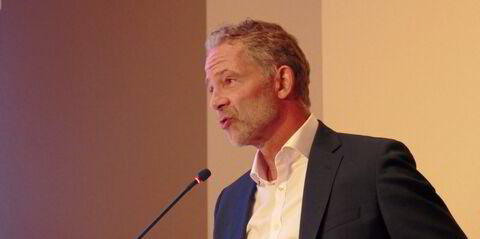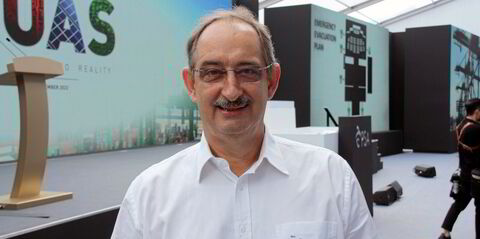Too many vessels chasing too few seafarers is one of the biggest problems facing the industry today, the heads of four large shipping associations said at a Capital Link conference in Athens.
“Today we’re living with a big shortage of seafarers that needs to be addressed soon,” Emanuele Grimaldi, chairman of the International Chamber of Shipping (ICS), told Capital Link’s 13th Annual Greek Shipping Forum in Athens.
Sitting next to Grimaldi, his Italian compatriot Paolo d’Amico agreed.
“We have to work out how to solve that thing,” the chairman of Intertanko said.
When he started in shipping, d’Amico said there were plenty of seafarers and the idea that one day there would not be enough of them was inconceivable.
The long-term decline of seafaring populations is already a structural problem in traditional European maritime nations such as Greece and Italy.
Things became much worse in recent years after the outbreaks of the Covid-19 pandemic and the Ukraine war, however.
According to Bimco and ICS figures for 2021, Russians and Ukrainians combined accounted for about 15% of the world’s 1.89m seafaring population.
“Most of them [Russian and Ukrainian seafarers] are not available now,” Grimaldi said.
His statements confirm anecdotal evidence related to TradeWinds by Greek shipowners and managers, complaining about a shortage of suitable seagoing personnel and rising wage inflation.
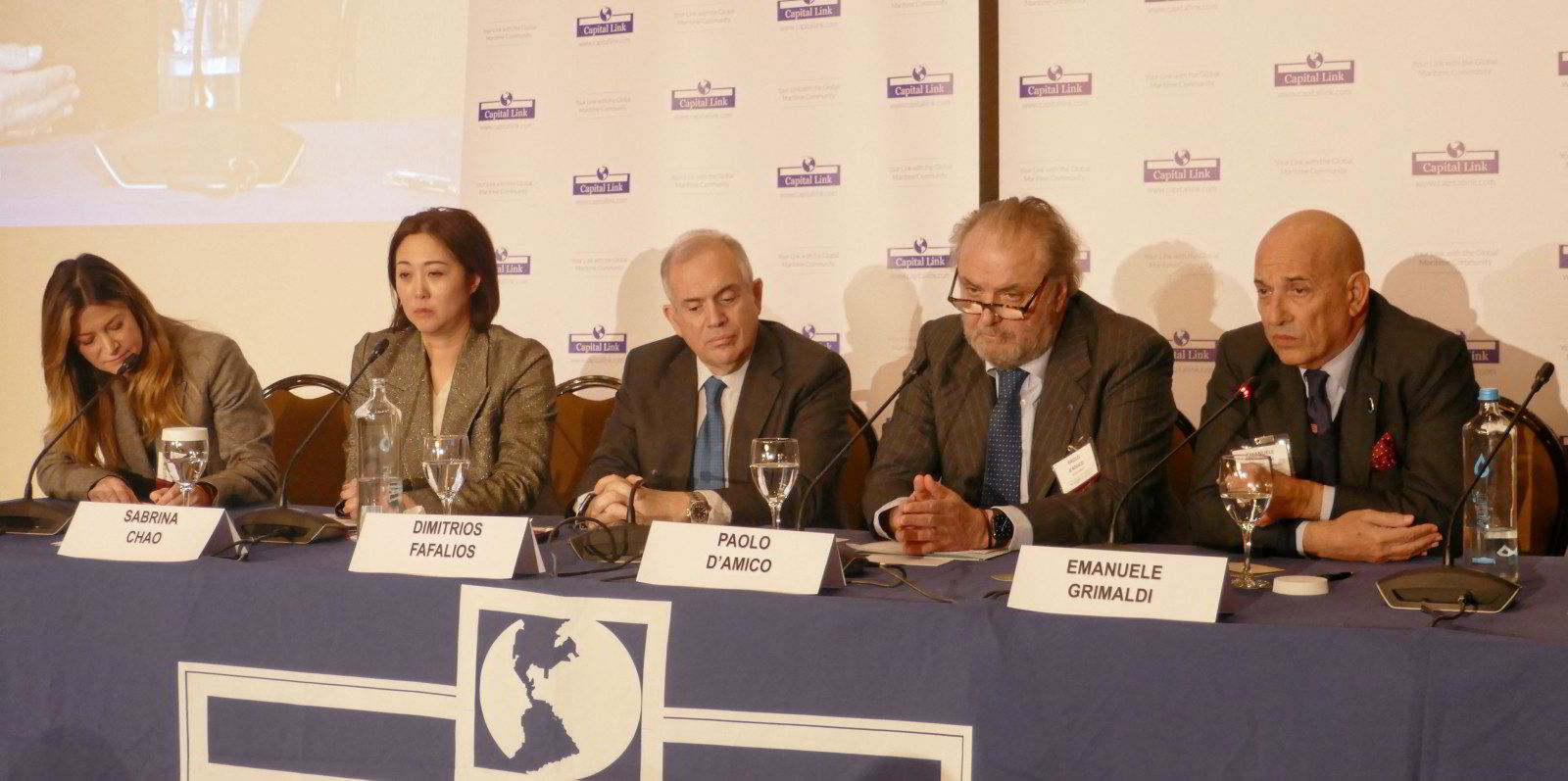
With Russian and Ukrainian seafarers at risk of being declared deserters if they leave their countries to pursue their jobs, the industry has been increasingly turning to maritime labour suppliers in Asia.
There, however, even more trouble looms in one of the biggest supplier — the Philippines.
A long-standing brawl with the European Union over seafarer education standards in the country threatens to restrict seafarer supply even more if it gets out of hand, Grimaldi warned.
“It could become a very big problem,” he said.
As TradeWinds already reported, an inspection of maritime training schools in the Philippines last year by the European Maritime Safety Agency (EMSA) highlighted a number of deficiencies.
A potential withdrawal of EMSA approval for the schools could mean 50,000 Filipinos working on EU-flagged ships would be out of a job.
In December, the Philippines government responded to the pressure by setting up a joint government and industry advisory board after a visit to Brussels by President Ferdinand Marcos junior
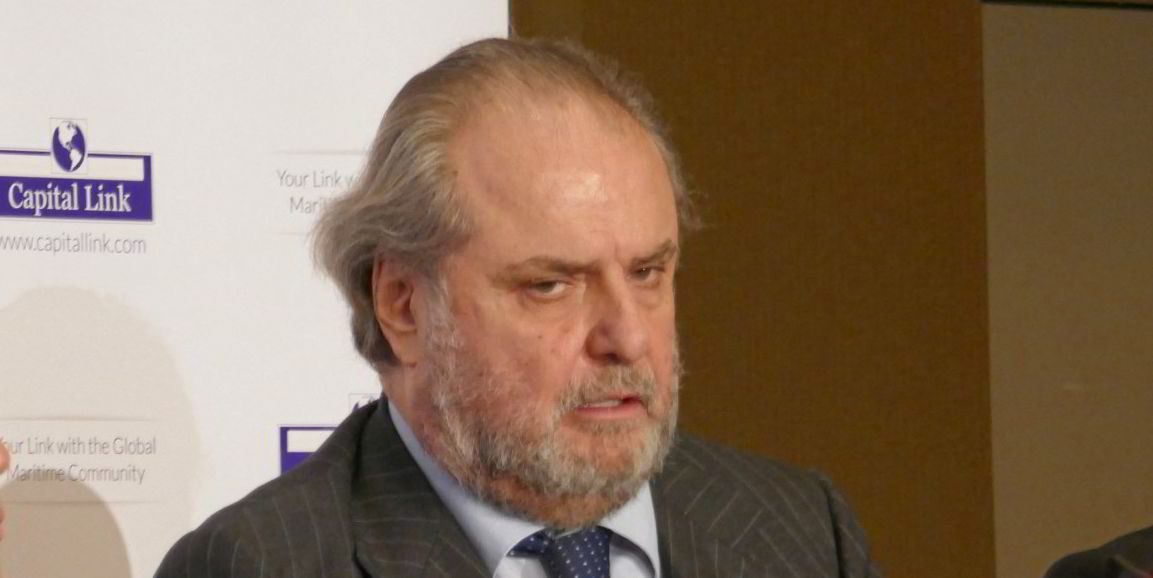
Speaking in Athens on Thursday, Grimaldi hailed the progress: “Hopefully, training standards will improve.”
The ICS will discuss the issue again with Steve Cotton, general secretary of the International Transport Workers’ Federation.
The ground for such talks between shipping employers and employees has become more fertile lately.
“One of the benefits of the Covid pandemic was that the ITF and the shipping associations became a lot closer,” Intercargo chairman Dimitrios Fafalios said on the same panel.
It was the first time that the heads of the ICS, Intercargo, Intertanko and Bimco president Sabrina Chao had met physically since the pandemic.
